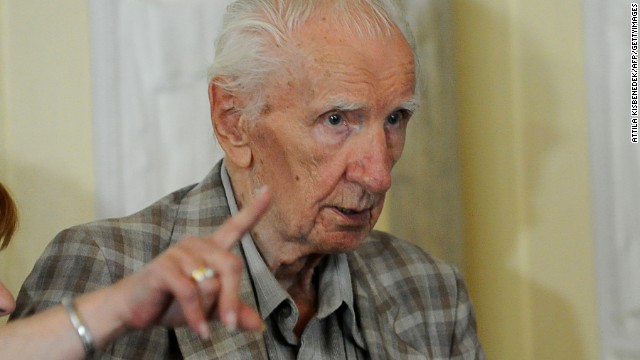By Erica Smith
Impunity Watch Reporter, Africa
ABUJA, Nigeria — A suspected Boko Haram attacked carried out late Thursday night in Damboa Village, about 52 miles north of Maiduguri, the Borno State capital, is believed to have killed as many as 13 people.

Witness report that about 50 Boko Haram fighters arrived by car and motorcycle in Damboa at about 7:30 pm local time. The militants first attacked the Damboa police station but were successfully repelled by officers. The militants then tried to attack a military post also located in the village but were again repelled by soldiers. Witnesses confirmed that while one group was attacking the police and military another group was attacking villagers, setting fire to homes, and looting.
“About 20 houses including that of the local government chairman and several shops were burnt down. The terrorists had also looted most of the shops and filled a truck with food items, but they were not lucky to escape with the loot as the laden vehicle got stuck in the muddy road.”Ayamu Gwasha, who represents Konduga in the Borno State House of Assembly told Premium Times.
A farmer, Mustapha Aji, reported to Premium Times that villagers had to flee from their houses and spend the night in the bush. He said he believed that foreign mercenaries were among the terrorists who attacked.“The shooting was too much; it started immediately after the Isha (late night) prayers. The shooters came in several cars and began to shoot and burning houses and shops. Some of them are aliens, because they were speaking Arab fluently. They were carrying big, big guns, some were throwing bombs. Everywhere was on fire I had to run for my life,” Aji told Premium Times.
An attack was anticipated by residents and officials of Damboa because the village borders Konduga, where 44 people were killed early this past Sunday. Beefing up Security in Damboa was being discussed before the last night’s attack.
The exact number of injured and dead is not know because Borno State is currently under a communications black out while the military battles the rebels. A state of emergency as been in effect in Borno State since May.
Boko Haram is fighting to establish an Islamic state in northern Nigeria.
For more information, please see:
APA — 11 killed in northern Nigeria attack — 17 August 2013
BBC News — Nigeria unrest: ‘Boko Haram’ in deadly attack on Damboa — 16 August 2013
Global Post — Boko Haram suspected in attack that kills 11 in Nigeria — 16 August 2013
Premium Times — 13 feared killed in latest Boko Haram attack in Borno — 16 August 2013


